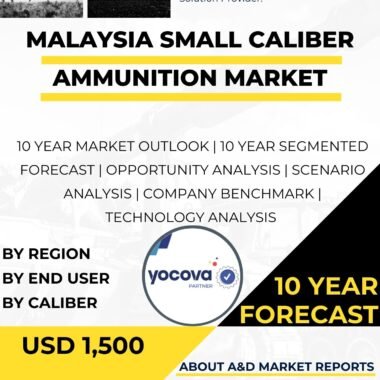Description
Role of Small Caliber Ammunition in Canada
Canada Small caliber ammunition , often referred to as small arms ammunition, is essential to Canada’s defense and public safety framework. It is used in handguns, rifles, and submachine guns for military, law enforcement, and civilian purposes. Because firearms require reliable ammunition to function effectively, proper production and oversight are critical. In addition, responsible use helps reduce risks linked to misuse or diversion. Therefore, regulation and accountability remain central to national policy.
Definition and Characteristics
Small caliber ammunition generally ranges from .17 to .50 caliber. These cartridges are compact, lightweight, and widely used across multiple firearm platforms. Their manageable size makes them practical for training, sport shooting, and operational duties. In Canada, licensed manufacturers produce ammunition under controlled conditions. Quality assurance processes ensure consistency, safety, and reliability. Clear classification standards also help regulators monitor distribution.
Regulatory Framework
The Firearms Act governs the control of firearms and related ammunition in Canada. Under this law, production, sale, and possession are strictly regulated. Manufacturers must obtain federal licenses and comply with safety standards. In addition, sellers must verify that buyers hold valid firearm licenses. These safeguards help prevent unauthorized access. Strong legal oversight supports public confidence in the system.
Domestic Production and Industry
Canada maintains a domestic ammunition manufacturing sector. Licensed producers supply military, police, and civilian markets. This local production strengthens national self-sufficiency. It also supports employment and industrial capacity. By maintaining high production standards, manufacturers contribute to operational readiness. Furthermore, domestic availability reduces reliance on foreign suppliers.
Export Controls and International Trade
Canada exports small caliber ammunition to approved international partners. However, these exports are subject to strict oversight. The Global Affairs Canada administers export permits and compliance reviews. Each transfer is assessed to ensure it aligns with foreign policy and human rights standards. Consequently, export controls aim to prevent diversion to conflict zones or unauthorized groups. Responsible trade strengthens international partnerships while protecting global stability.
Military Use and Standards
The Canadian Armed Forces rely on small caliber ammunition for infantry and specialized units. Ammunition must meet strict performance standards for accuracy and durability. Before adoption, it undergoes rigorous testing and evaluation. This ensures compatibility with service firearms. In addition, live-fire exercises maintain troop proficiency. Reliable ammunition directly supports mission success and personnel safety.
Law Enforcement Applications
Police services across Canada use small caliber ammunition for duty firearms. Officers receive extensive training in safe handling and appropriate use. Clear operational guidelines govern when force may be applied. Storage and transportation protocols further reduce risk. Oversight bodies review firearm-related incidents to maintain accountability. As a result, ammunition use in law enforcement is carefully managed.
Civilian Sporting and Recreational Use
Licensed firearm owners use small caliber ammunition for hunting and sport shooting. These activities are regulated through licensing requirements. Owners must complete safety training and pass background checks. In addition, ammunition must be stored securely. Responsible participation supports Canada’s sporting traditions. At the same time, regulations aim to prevent theft or diversion.
Public Safety Measures
The government has introduced initiatives to reduce firearm-related violence. These measures address gang activity, trafficking, and domestic violence. Law enforcement agencies work to intercept illegal ammunition shipments. Border security plays an important preventive role. Collaboration between federal and provincial authorities strengthens enforcement. Public reporting also helps identify suspicious activities.
Lifecycle Management and Disposal
Proper storage and disposal are essential components of ammunition management. Unwanted or unsafe ammunition can be surrendered to authorities. This reduces the risk of accidental discharge or criminal use. Clear guidelines support safe handling at every stage of the product lifecycle. Responsible disposal practices contribute to overall community safety.
International Cooperation
Canada participates in international efforts to prevent illicit arms trafficking. Cooperation with allies enhances monitoring and enforcement. Through export controls and intelligence sharing, Canada works to limit illegal flows of ammunition. These partnerships reinforce shared security objectives. International engagement also promotes best practices in regulation and oversight.
Conclusion
Small caliber ammunition plays a vital role in Canada’s defense, law enforcement, and civilian sectors. Strong regulation under the Firearms Act ensures that production, distribution, and use remain controlled. Military and police agencies depend on reliable ammunition for operational readiness. Meanwhile, licensed civilians engage in lawful sporting activities under strict safety rules. By combining regulation, enforcement, and international cooperation, Canada seeks to balance legitimate use with public safety priorities.




